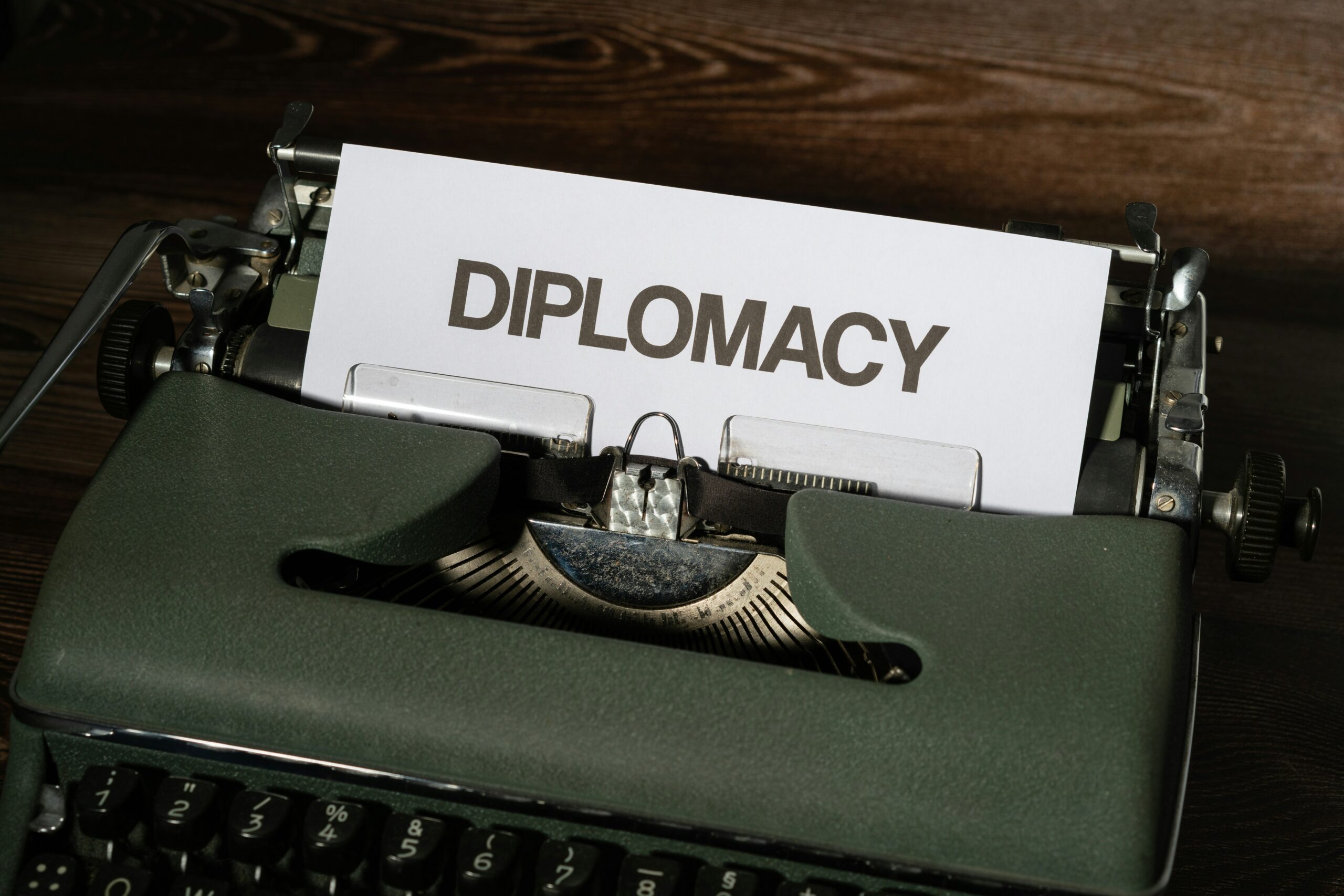
The scheduled peace talks in Doha aimed at resolving the ongoing conflict between the M23 rebel group and the government of the Democratic Republic of the Congo (DRC) have hit a significant roadblock. Both parties have accused each other of violating the terms of a previous agreement, mediated by Qatar, casting doubts on the prospects of achieving lasting peace in the region.
Key Facts
- The peace talks were part of a series of negotiations mediated by Qatar, aimed at ending years of conflict in the DRC.
- Both the M23 rebels and the DRC government were supposed to sign a final peace pact in Doha on Monday.
- Accusations of violations of an earlier agreement have led to the stalling of the peace talks.
- The M23 has a complex history of conflict with the DRC, often involving neighboring countries and international mediation.
Background
The conflict involving the M23, a rebel group primarily composed of Congolese Tutsis, has been a persistent issue in the DRC, particularly in the mineral-rich eastern regions. The group claims to be fighting for the rights and protection of Tutsis within the DRC, but has been accused of various human rights abuses and extensive military campaigns. The DRC government and international observers have repeatedly accused Rwanda of supporting the M23, a charge Rwanda has at times acknowledged and contested.
In recent years, multiple attempts at peace, including efforts by neighboring countries and international bodies, have failed to achieve a lasting resolution. The most recent initiative, led by Qatar, aimed to build on a ‘Declaration of Principles’ signed by both parties, which promised an end to hostilities and stipulated conditions like the exchange of prisoners and the withdrawal of M23 from occupied territories.
Timeline/What We Know
As part of the ongoing Qatar-mediated peace process, a final peace deal was scheduled to be signed in August 2023. However, on the eve of the signing, the M23 announced that its representatives would not attend the talks in Doha, citing violations by the DRC government. The group later indicated a willingness to send representatives “in the coming days” to discuss the implementation of the ceasefire and other terms of the agreement.
The DRC government has insisted on the withdrawal of M23 from occupied territories as a condition for further negotiations, a stance that has contributed to the current impasse.
Official Reactions
Officials from both sides have publicly accused each other of acting in bad faith. The DRC government has emphasized its commitment to the peace process, while M23 leaders have reiterated their demands for the full implementation of the agreed-upon principles before proceeding with further negotiations.
International reactions have been cautious, with entities such as the United Nations and various diplomatic bodies expressing concern over the stalling of the peace process and urging both sides to return to the negotiation table.
What’s Next
The future of the peace talks remains uncertain, with both sides appearing entrenched in their positions. The international community continues to watch closely, hoping that renewed negotiations can eventually lead to a cessation of hostilities and a stable and peaceful resolution for the region. Meanwhile, the humanitarian situation in eastern DRC remains dire, with ongoing violence affecting thousands of civilians.


